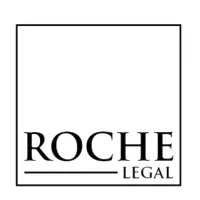Social media is an integral part of most of our daily lives. It allows us to connect with friends and family, share our thoughts and experiences, and keep up with the latest news and trends. However, social media can interfere with personal injury claims and make it more difficult for individuals to receive the compensation they deserve.
One of the most common ways that social media can interfere with personal injury claims is by providing evidence that undermines the individual's claim. For example, if someone is claiming to have suffered a severe injury that prevents them from engaging in physical activities, but their social media profile shows them participating in recreational sport or strenuous activities, this could be used as evidence against them.
Real life case examples
In one real life case, an individual who was claiming to have suffered a back injury that prevented them from engaging in physical activities posted photos on social media of themselves participating in a marathon. This evidence was used against them in their personal injury claim, and whilst they succeeded in their claim, they were unable to receive the full compensation they were seeking.
In another case, an individual who was involved in a slip and fall accident at a restaurant posted negative comments about the restaurant on social media before filing their personal injury claim. The comments exposed the claimant to a separate action of defamation because they were public, and considered to not be entirely truthful.
Summary
It is important for individuals to be careful about what they share on social media, particularly when they are involved in a personal injury claim. Any information that is posted on social media can potentially be used against them, and it is always best to err on the side of caution. If there is evidence contrary to what the injured person is claiming, a risk to that person's credibility about other aspects of the claim can arise. It might be ultimately considered by the court that the injured person is not genuine or has exaggerated their pain or symptoms.
In conclusion, social media can interfere with the personal injury claim process and make it more difficult for individuals to receive the compensation they deserve. Injured claimants should be cautious about what they share on social media and work closely with their solicitor to ensure that their rights are protected.

